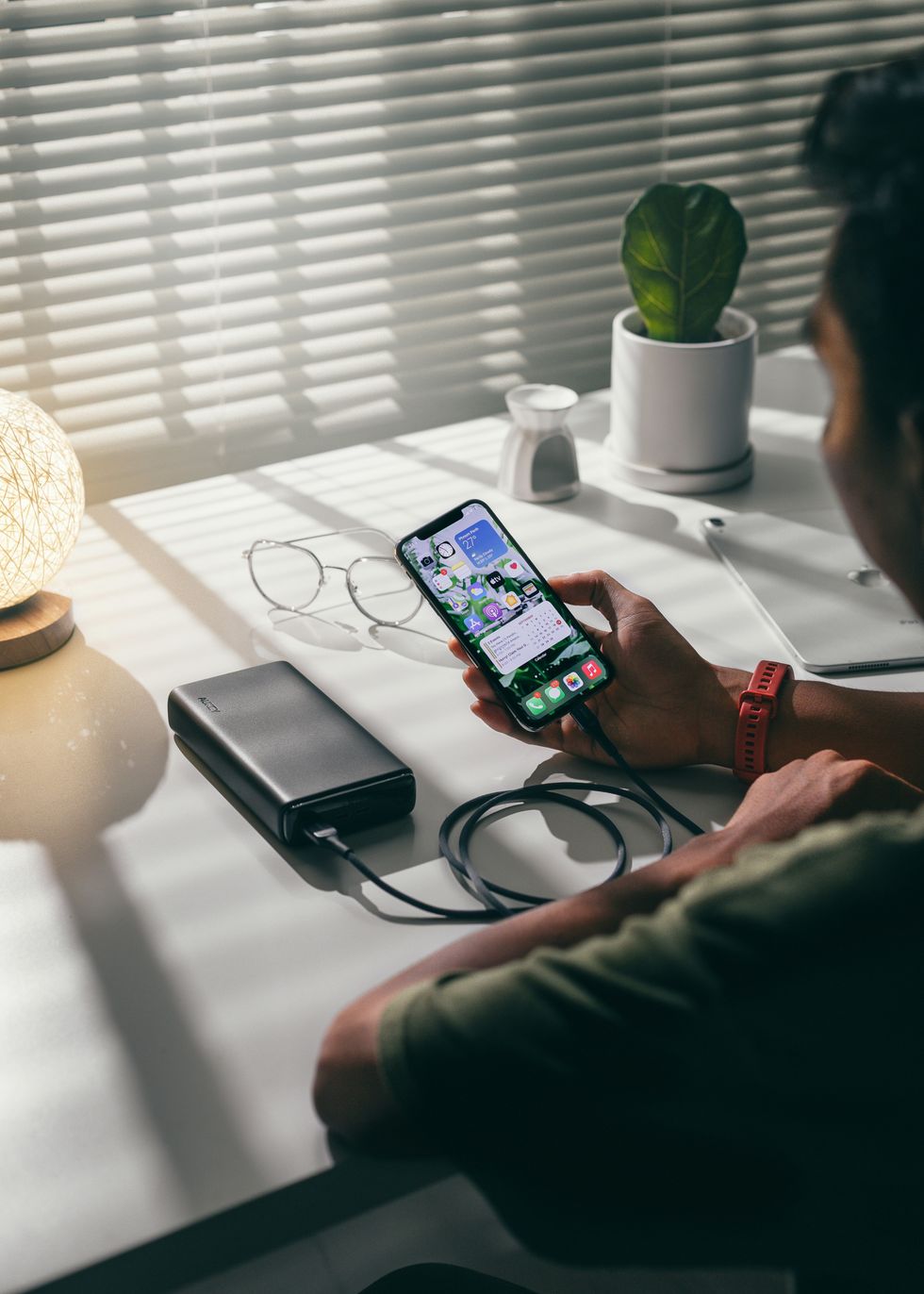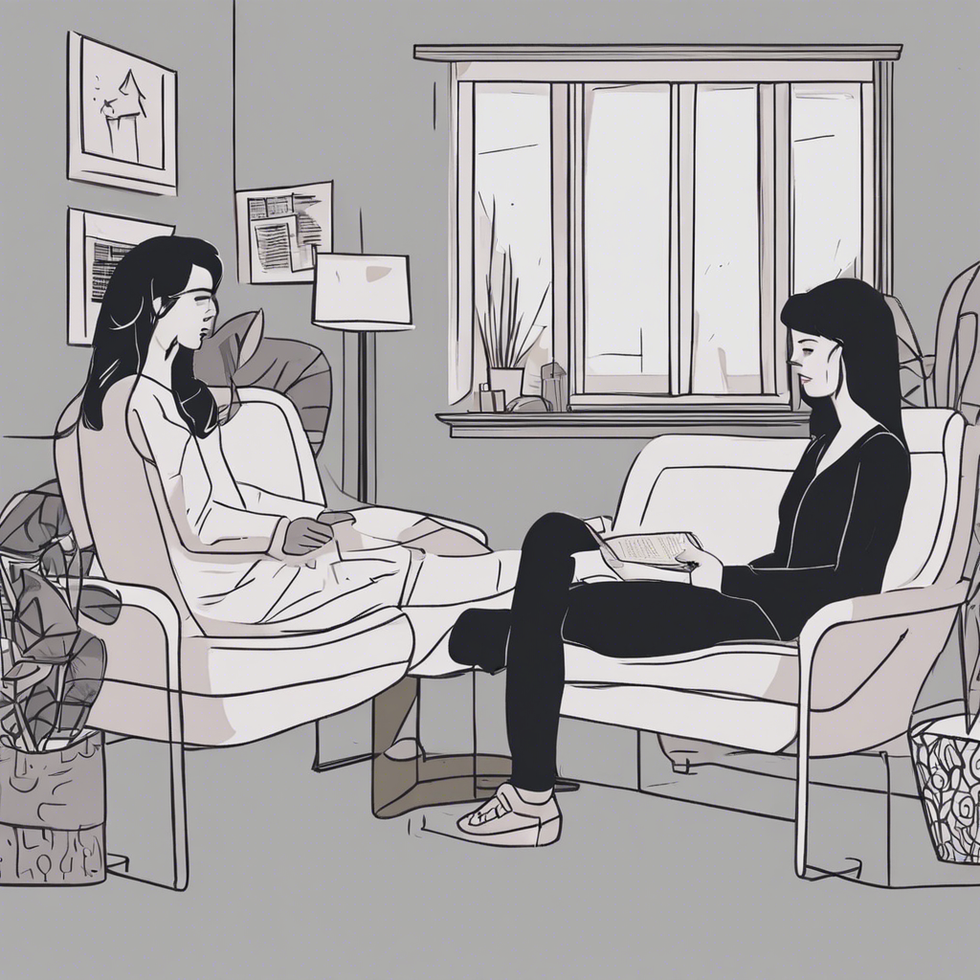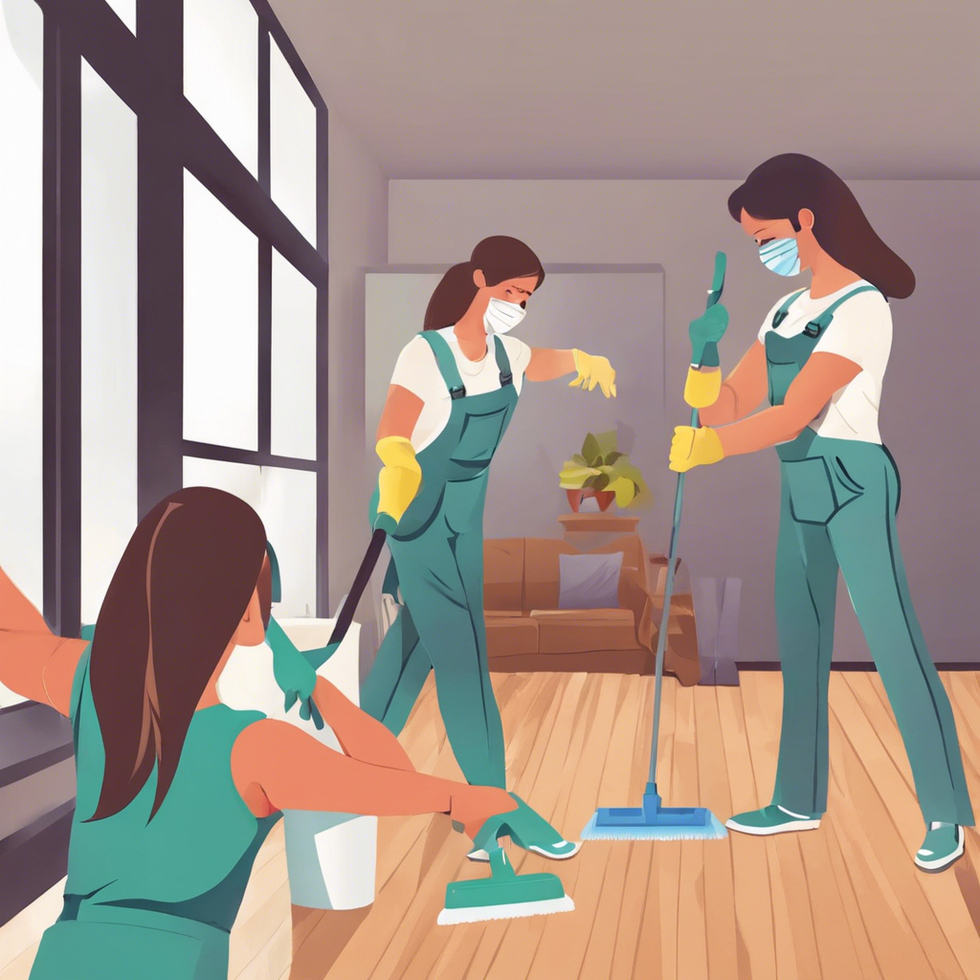On average, a human being spends 359 hours just to open and close curtains! Yes, non-existent problems do exist and the fun part is that they can also be solved. If you are lazy but still value time, then Smart Curtains are definitely for you. Apart from being a cool concept, Intelligent Curtains make 'household chores' easier for differently-abled people.
The smart home is now a welcoming and truly mainstream concept in the United States, with an adoption rate of over 75% in Wi-Fi-enabled households. With IoT-powered appliances gaining popularity in the market, consumers have access to 'all things smart,' except for the curtains. These AI-powered 'Smart Curtains' can contribute to reduced power consumption and help people shift to a more sustainable way of life.
The young company Mechantica contributes to the development of the trend and has developed a universal device at an affordable price - "smart curtains". The main idea of the "smart" device is home automation: simplification of routine actions that we do at home every day. If you think about it, today the origins of such automation can be called vacuum cleaners, refrigerators, electric kettles, irons, slow cookers, and microwaves, which simplify everyday life. However, technology has moved far ahead over the next 5-7 years and now "smart" devices, including the aforementioned curtains, are a set of gadgets that automate certain actions in the house. So, "smart curtains'' allow you to adjust the lighting of the space with natural light sources (the sun, lanterns on the street), this allows you to save electricity, not turn on the light once again, and also allows you to make fewer gestures when opening or closing conventional curtains. The latter fact just arouses the interest of many residents of megacities in purchasing such devices, since many of us get tired at work, in the gym, and sometimes just too lazy to get up and close the window to go to bed. In addition, "smart curtains" from Mechantica monitor the safety of the house, reacting to noise, gas, temperature changes in the room and notifying the user by phone about the deviation of these indicators from the norm.
Denis Kononchuk, the founder of Mechantica, told us about what inspired the team to create the smart curtains device: "It all started with a simple observation that if we have two windows, then on average we spend about a minute opening and closing curtains every day. The average life expectancy in the US is 77 years, so even if we remove the initial years of our life, we will still do it for the remaining 59 years. Accordingly, when we multiply 1 minute by 365 days and 59 years, we get 359 hours of human life. So, in fact, this is not a non-existent problem and can greatly benefit people with other abilities".
So, we found out that the device and the system of the "smart" home as a whole allow us to solve the issue of the needs of the modern consumer in comfort, security, and automation. But do not exclude the popular trend for environmental friendliness of the product. Experts believe that today the majority of users from Europe and the USA pay special attention to the planet-friendly theme. According to research, the environmental friendliness of a smart home is on the 2nd-3rd place of the priorities of buyers of intelligent systems. After all, understanding that you are "planet friendly" is often more important than real savings. So, the device "smart curtains" allows you to automatically open and close curtains and, thus, helps to reduce the need for air conditioners or heating appliances. Scientists have found that closed curtains can reduce room heating by up to 33% in summer and can regulate heat loss by up to 25% in winter. This can prove to be a powerful energy-saving mechanism if it is adapted on a large scale in homes, hotels and industries. Thus, saving electricity will reduce the negative impact on the state of the planet by reducing the consumption of natural resources. Among other benefits, smart curtains also minimize potential damage to home interiors sensitive to extreme temperatures. This means that you will change household items less often, and therefore adhere to the concept of responsible consumption.
For those who still appreciate the product's manufacturability more, it is worth noting that most modern products on the market have automated systems for opening and closing curtains, but they are not able to adapt and learn in the way that Mechantica's "smart curtains" do. In addition, this intelligent device is equipped with hardware and software with full-time self-learning, capable of solving complex tasks such as analyzing gas levels, temperature, humidity, and even vibration, and all this in real time for further notification of the user in case of anomalies.
If we talk about what this device consists of, the "smart curtains" system is built on the "edge computing" paradigm and is a microcomputer complete with sensors and control relays. All calculations, decision-making, processing and storage of information takes place on this microcomputer-server. And already processed information can be sent to other devices, for example, to a central server, cloud storage, or to the user's phone, thus forming a whole network of smart peripheral computing devices working autonomously.
The "smart curtain" system monitors events in the home, sends alerts to the user, launches pre-designed smart scenarios, or can learn by itself. Triggers for system sensors can be motion, smoke, temperature and humidity, gas leakage, water leakage, the sound of broken glass, opening of doors and windows.
Modern applications for managing intelligent systems allow you to program individual scenarios adapted to the needs and habits of the owner. A person can use the phone to set the necessary settings for the house, which the device will remember and perform without the user's participation.



 Photo by
Photo by  person holding black smartphone on white textile
Photo by
person holding black smartphone on white textile
Photo by  StableDiffusion
StableDiffusion
 Photo by
Photo by  Photo by
Photo by 
 roommate as a therapist
StableDiffusion
roommate as a therapist
StableDiffusion
 woman in white shirt eating pizza
Photo by
woman in white shirt eating pizza
Photo by  person holding remote pointing at TV
Photo by
person holding remote pointing at TV
Photo by  person holding assorted clothes in wooden hanger
Photo by
person holding assorted clothes in wooden hanger
Photo by  a couple of
a couple of  friends cleaning apartment
StableDiffusion
friends cleaning apartment
StableDiffusion
 man driving car during golden hour
Photo by
man driving car during golden hour
Photo by  bacon strips and melted cheese topped fries on oval white and blue platter with gray stainless steel forks
Photo by
bacon strips and melted cheese topped fries on oval white and blue platter with gray stainless steel forks
Photo by  selective focus photography of eyeshadow palette
Photo by
selective focus photography of eyeshadow palette
Photo by  brown wooden framed white padded chair in between green indoor leaf plants inside bedroom
Photo by
brown wooden framed white padded chair in between green indoor leaf plants inside bedroom
Photo by  women forming
women forming  taking
taking  man in red polo shirt pouring wine on clear wine glass
Photo by
man in red polo shirt pouring wine on clear wine glass
Photo by  woman in black jacket standing on road during daytime
Photo by
woman in black jacket standing on road during daytime
Photo by 
 StableDiffusion
StableDiffusion
 StableDiffusion
StableDiffusion
 student thinking i shouldnt have procrastinated all semester
StableDiffusion
student thinking i shouldnt have procrastinated all semester
StableDiffusion
 Photo by
Photo by  Photo by
Photo by  Photo by
Photo by  StableDiffusion
StableDiffusion
 StableDiffusion
StableDiffusion
 Photo by
Photo by  Photo by
Photo by 


 Lumiere figure at the Disney Store at the Ala Moana Shoppi… | Flickr
Lumiere figure at the Disney Store at the Ala Moana Shoppi… | Flickr








 StableDiffusion
StableDiffusion StableDiffusion
StableDiffusion 10. Extra BlanketsJuwenin Home 100% Cotton Knitted Throw Blanket
10. Extra BlanketsJuwenin Home 100% Cotton Knitted Throw Blanket StableDiffusion
StableDiffusion StableDiffusion
StableDiffusion File:Kishlaru familie.jpg - Wikimedia Commons
File:Kishlaru familie.jpg - Wikimedia Commons Photo by Hanna Balan on Unsplash
Photo by Hanna Balan on Unsplash StableDiffusion
StableDiffusion black blue and yellow round illustrationPhoto by
black blue and yellow round illustrationPhoto by 









